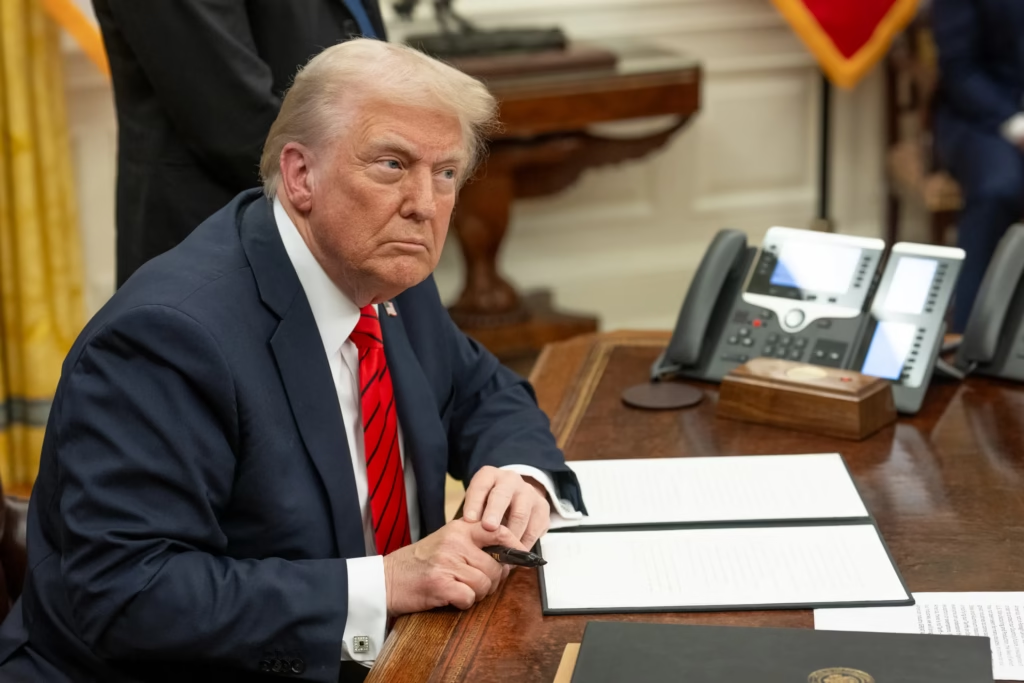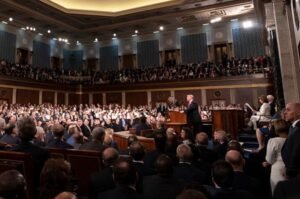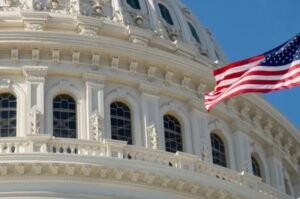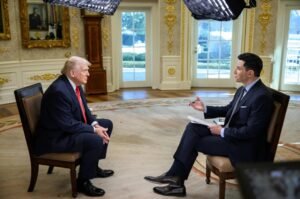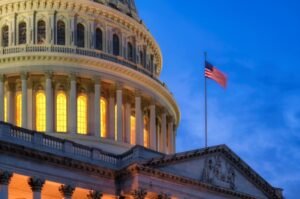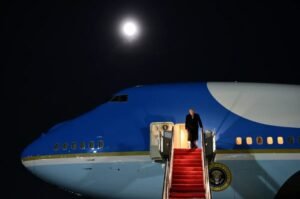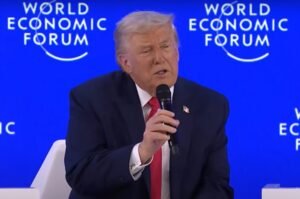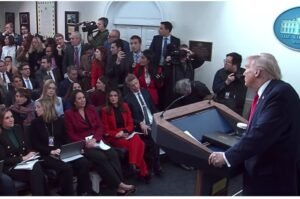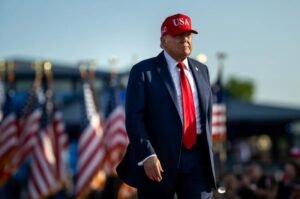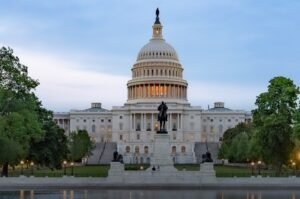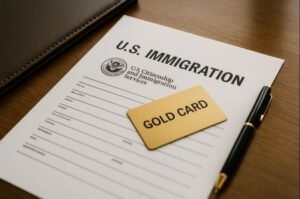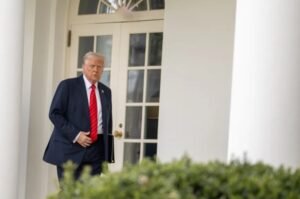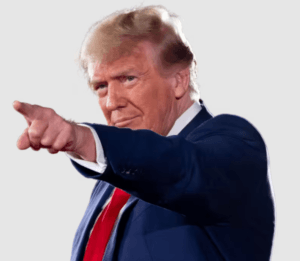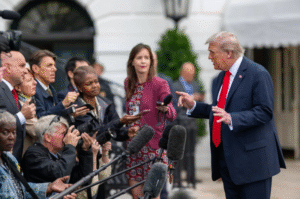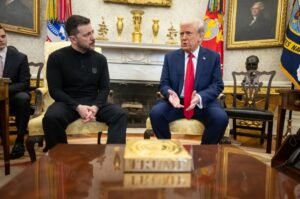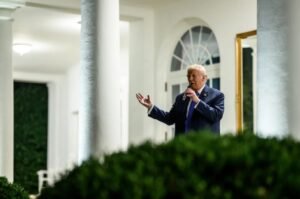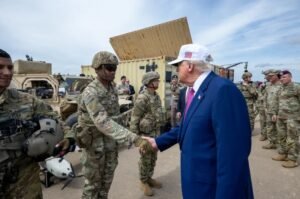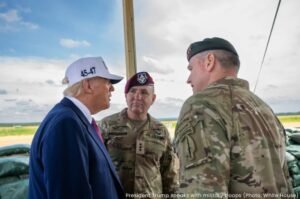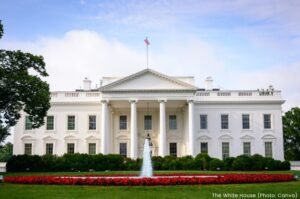In a move that’s already sending shockwaves across the globe, President Donald Trump has reinstated and expanded the U.S. travel ban, blocking entry to nationals from 12 countries and imposing partial restrictions on several more. The new policy, announced Wednesday, is set to take effect Monday, June 9, at 12:01 a.m. EDT.
The executive action revives the legal framework of Trump’s earlier travel bans but expands it dramatically—marking one of the most aggressive immigration orders of his second term so far.
FULL BANS IMPOSED ON 12 NATIONS
Effective next week, citizens of the following countries will be fully barred from entering the United States under both immigrant and non-immigrant visas:
- Afghanistan
- Myanmar (Burma)
- Chad
- Republic of the Congo
- Equatorial Guinea
- Eritrea
- Haiti
- Iran
- Libya
- Somalia
- Sudan
- Yemen
Zooming In
Trump officials argue that these countries either lack proper security screening infrastructure, fail to cooperate with deportations, or have unacceptably high visa overstay rates. Critics say the list includes nations already facing economic hardship and conflict, raising questions about humanitarian consequences and foreign policy fallout.
Partial Restriction on Seven Others
An additional seven countries will face targeted restrictions on specific visa types such as student, tourist, or business travel:
- Burundi
- Cuba
- Laos
- Sierra Leone
- Togo
- Turkmenistan
- Venezuela
Why These Countries?
In these cases, the U.S. government cited issues such as forged documentation, noncompliance with international identity standards, or irregularities in cooperation with U.S. immigration authorities.
Exemptions and Special Cases
Despite the sweeping nature of the ban, several groups will remain exempt:
- Lawful permanent residents (green card holders)
- Dual nationals traveling on a passport from an unaffected country
- Foreign diplomats
- Athletes participating in international competitions
- Special immigrant visa holders, such as Afghan allies
- Immediate family members with verified relationships to U.S. citizens or residents
The administration stated that the exemptions are designed to “preserve humanitarian values and key strategic partnerships,” though critics argue they fall short of protecting vulnerable populations.
Political Fallout and Global Reaction
This latest proclamation follows closely on the heels of a high-profile criminal incident involving an Egyptian national who overstayed his U.S. visa—though Egypt itself was not included in the ban. The administration has used the event to reignite national security debates, positioning the travel ban as a preemptive safety measure.
Global reactions have ranged from outrage to diplomatic caution. Officials in Somalia, one of the banned nations, issued a public statement expressing willingness to “work cooperatively” with the U.S. to resolve concerns. Civil rights groups and immigration advocates are already mobilizing to challenge the policy in court.
The move resurrects memories of the original 2017 travel ban that drew nationwide protests and eventually reached the Supreme Court. That ban was rescinded under President Biden, but Trump’s return to office has made clear that immigration control remains central to his political strategy.
With the policy set to go live in less than a week, a new chapter in U.S. immigration politics is already underway—and the world is watching.
The Author

Ellis Grant
Staff Writer, Readovia


